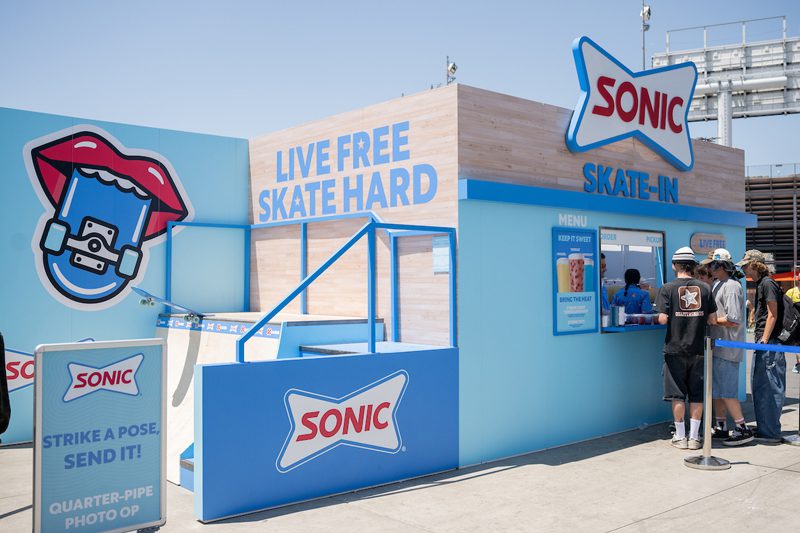
A letter from nearly 30 attorneys general sent to federal officials to investigate the ingredients and marketing of alcoholic energy drinks this week will likely prompt greater scrutiny of those products, experts said yesterday.
Governmental agencies, watchdog groups and consumers will examine the types of products alcoholic beverage companies roll out and the marketing behind it, said Ron Urbach, partner and co-chair of Davis & Gilbert’s advertising, marketing and promotions group.
“This doesn’t mean there will be enforcement action or a change in the marketing practices,” Urbach said yesterday. “It just means everyone will pay closer attention to the product category and marketing and advertising practices.”
A team of attorneys general on Tuesday sent a letter to John Manfreda, the administrator of the federal Alcohol and Tobacco Tax and Trade Bureau, calling for an investigation into the “aggressive marketing” campaigns of energy drinks that mix alcohol and caffeine. The AGs said while the beverages are sold to people 21and older, the companies are really targeting teens and underage adults in their advertising.
State officials said a number of marketing campaigns make “misleading health-related” claims that the drinks increase stamina and energy.
“Beverage companies are fueling a runaway marketing train—unconsciously appealing to young drinkers with outlandish health-related claims about alcoholic energy drinks,” Connecticut Attorney General Richard Blumenthal said, in a statement. “Alcoholic energy drinks perniciously appeal to youth—and beverage companies are clearly capitalizing on it.”
The AGs cited the federal government’s belief that caffeinated alcoholic drinks dangerously mask the adverse effects of alcohol.
Three marketers mentioned in the AGs’ letter included Anheuser-Busch’s Bud Extra, Miller Brewing Co.’s Sparks and Sparks Plus and Liquid Charge and Liquid Core from Charge Beverages.
The letter, however, didn’t include specific examples of the companies targeting young adults with advertising or marketing messages. Instead, it lists messaging from the brands that the attorney generals say target young adults.
For example, Bud Extra used slogans such as “You can sleep when you’re 30” and “Who’s up for staying out all night?” the letter said.
Meanwhile, promotional messages for Liquid Core claim the drink increase stamina. “Whether you are working a nine to five, pulling an all-nighter or just need a little extra help to keep you going after a long day at the slopes, Liquid Core provides you that change,” the letter said.
Anheuser-Busch said the notion of alcoholic energy drinks is not new. People have been mixing drinks, such as run and Coca-Cola, for years.
“We are surprised at the attorneys generals’ focus on comparatively lower alcohol products when two weeks ago the Centers for Disease Control and Prevention released a study indicating most youth consume hard liquor, which may have as much as 10 times the alcohol by volume as malt beverages,” the company said in a statement.
Urbach called the AGs actions “a little bit suspect.” The AGs are reacting less to the advertising and marketing of the beverages and more the nature of the products themselves, he said.
“It plays well for the home audience,” Urbach said. “Their claims are motivated by the political nature of what they think is appropriate.”
But marketers should take note.
“This is just another reminder to marketers and to advertisers that whenever you going to be entering an environment where someone can play a trump card against you, you have to think about it in advance to be sure you have an effective response to what has been said,” Urbach added. “You have to plan for the worst and hope for the best. When you are going out with any product, you’ve got to be smart about it and be prepared.”
 Network
Network

